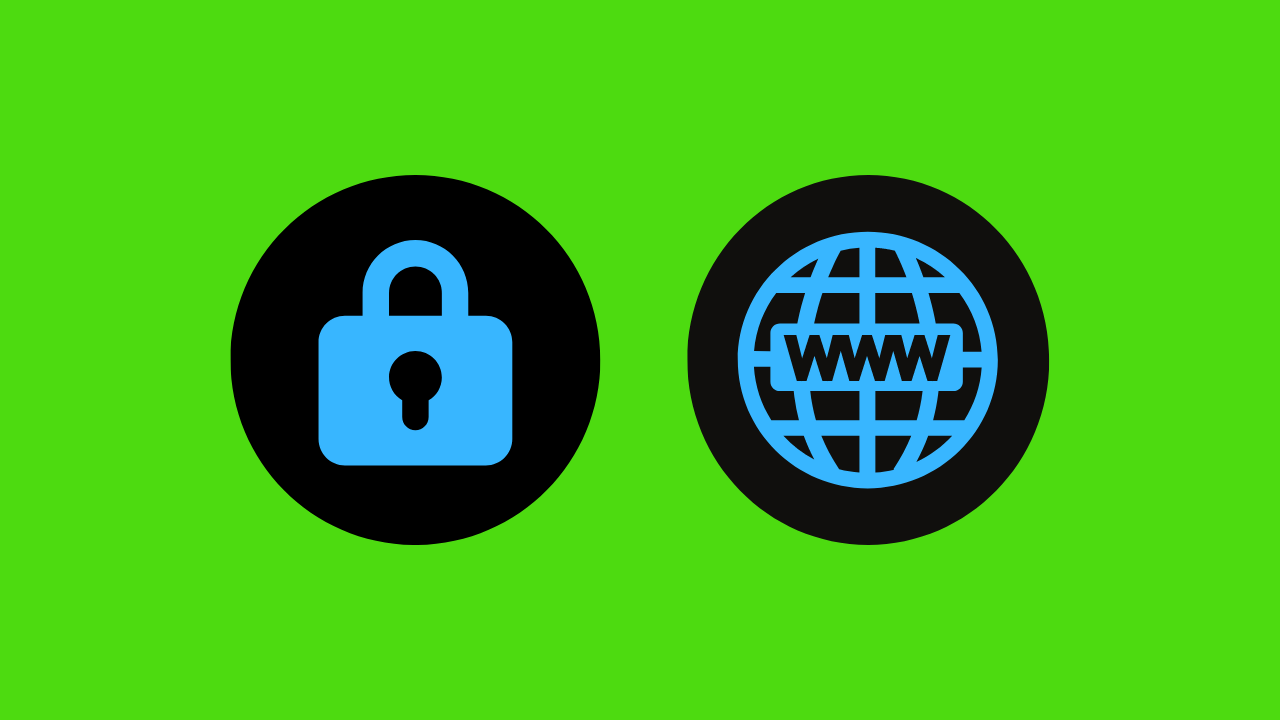One of the most significant measures of ensuring secure online communication is the Secure Sockets Layer (SSL) protocol. SSL is an industry-standard encryption technology that establishes a secure and encrypted link between a web server and a web browser.
SSL ensures that all the data transmitted between the user’s web browser and the website’s server remains private and encrypted. This means that any sensitive information, such as passwords, credit card numbers, and personal information, is protected from potential hackers who may try to intercept the communication.
How SSL Encryption Works?
SSL works by encrypting the data transmitted between the server and the browser, making it unreadable to anyone other than the intended recipient. This encryption process is done through the use of digital certificates, which are issued by trusted third-party authorities known as Certificate Authorities (CA).
When a user connects to a website secured with SSL, their browser verifies the authenticity of the digital certificate presented by the website’s server. This verification process ensures that the website is legitimate and not a fake website set up to steal users’ information.
SSL also offers additional benefits, such as improved website performance, increased customer trust, and better search engine rankings. Websites that use SSL are considered more trustworthy by search engines like Google, which can result in higher search engine rankings and increased traffic to the website.
Read also: What is DNS and Why is it Important?
In addition, SSL is now a requirement for many online businesses, particularly e-commerce websites that process sensitive customer information. The Payment Card Industry Data Security Standard (PCI DSS) requires all online companies to have an SSL certificate to process credit card transactions.
How Much Does an SSL Certificate Cost?
While there are free SSL certificates available, most SSL certificates require payment. The cost of an SSL certificate depends on several factors, such as the type of SSL certificate, the necessary level of validation, and the number of domains and subdomains that need to be secured.
Generally, SSL certificates can range from a few dollars per year to several hundred dollars per year. However, the cost of an SSL certificate is a small price to pay compared to the benefits of enhanced online security, improved customer trust, and better search engine rankings.
How to Get an SSL Certificate for Free?
There are many services that offer free SSL certificates mostly for a short period of time as one year, the most known Certificate Authority (CA) company to get a free SSL is Let’s Encrypt, However installing SSL on your website is not as easy as many may thing, it requires some technical expertise which we will cover later on below.
But if you want to get a free SSL that will be installed automatically, you can use a 4T°Registrar, this free domain name registrar not only offers a one-year free domain but also offers a free SSL certificate that is installed with your domain automatically.
How to Install an SSL Certificate?
The process for installing an SSL (Secure Sockets Layer) certificate can vary depending on your web hosting provider and the type of SSL certificate you have obtained. However, the general steps are as follows:
Obtain the SSL certificate: You can either purchase an SSL certificate from a trusted certificate authority (CA), or you can use a free SSL certificate provider like Let’s Encrypt.
Generate a certificate signing request (CSR): A CSR is a file that contains your website’s public key and is used to request an SSL certificate from the CA. You can generate a CSR using your web server software (e.g. Apache, Nginx).
Submit the CSR to the CA: Submit the CSR to the CA along with any other required information (e.g. organization name, domain name, contact information). The CA will then verify your identity and issue the SSL certificate.
Install the SSL certificate on your web server: The steps for installing the SSL certificate can vary depending on your web server software. Generally, you will need to copy the SSL certificate files to your web server, configure your web server software to use the SSL certificate, and restart your web server.
Test your SSL certificate: Once the SSL certificate is installed, you should test it to ensure that it is working correctly. You can use online tools like SSL Checker to verify that your SSL certificate is installed correctly and that your website is secure.
It is important to note that the specific steps for installing an SSL certificate can vary depending on your web hosting provider and the type of SSL certificate you have obtained. Some web hosting providers offer tools or services that can help simplify the process of installing an SSL certificate. It is always recommended to consult your web hosting provider’s documentation or support team for specific instructions on installing an SSL certificate on your web server.
In conclusion, SSL is a crucial aspect of online security that ensures the protection of sensitive information and the privacy of online communication. By implementing SSL on a website, businesses can enhance their online security, improve customer trust, and boost search engine rankings. As online security continues to be a concern for businesses and consumers alike, SSL is a must-have for any website that wants to maintain a competitive edge in today’s digital landscape.






